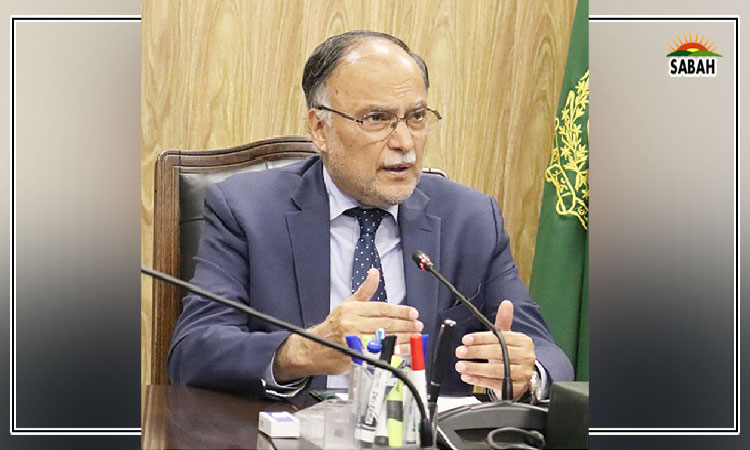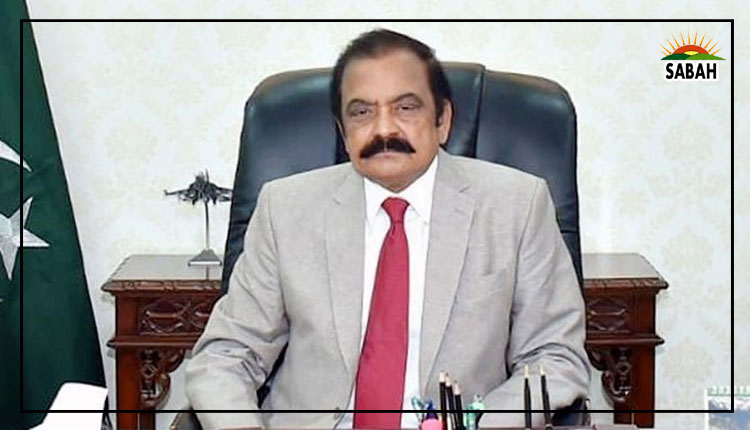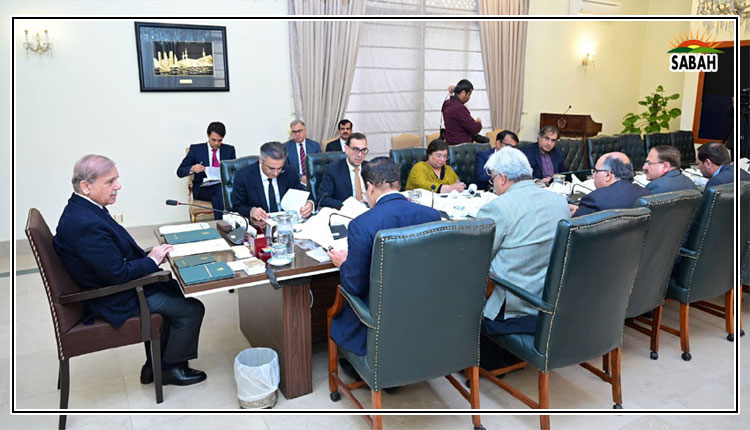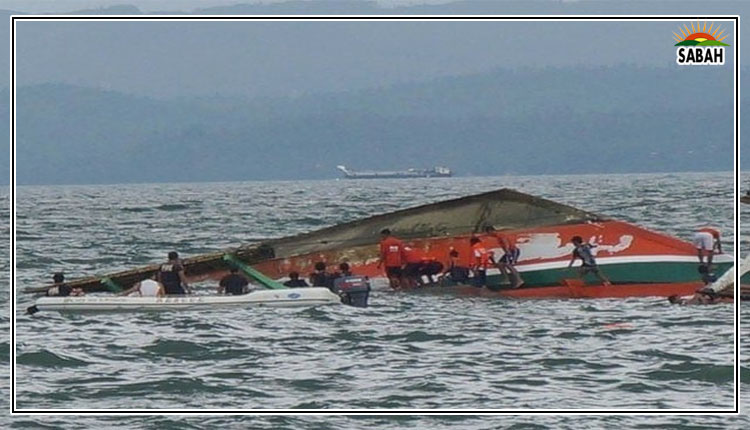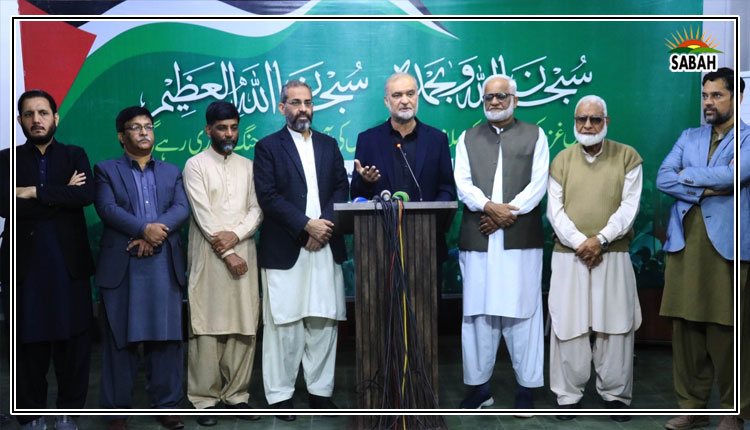Budding bonanza…Dr Farrukh Saleem
Here is a partial list of countries that have legalized or decriminalized cannabis: Canada, Uruguay, Argentina, Australia, Austria, Barbados, Belgium, Bermuda, Brazil, Chile, Colombia, Costa Rica, Croatia, Czech Republic, Denmark, Finland, Georgia, Germany, Greece, Israel, Italy, Jamaica, Lebanon, Luxembourg, Malta, Mexico, the Netherlands, New Zealand, Norway, Peru, Poland, Portugal, South Africa, Spain, Sri Lanka, Switzerland, Thailand, Turkey, Ukraine, United Kingdom, United States, Zimbabwe, Cyprus, Ecuador, Estonia, and Lesotho.
Image shows hemp or cannabis tincture. Unsplash
Image shows hemp or cannabis tincture. Unsplash
In Pakistan, historical and cultural factors have contributed to the stigma surrounding cannabis. The stigma is being challenged and dismantled. The global landscape is also shifting. Countries around the world are recognizing the plants therapeutic properties and medicinal and industrial applications. Yes, cultural decriminalization is also gaining momentum.
The global market for medicinal cannabis is estimated to be around $30 billion. Key areas of cannabis industrial potential include textiles, construction and biotechnology. Pakistan has the potential to export cannabis valued at over $3 billion per year and to attract multi-billion dollars in direct foreign investment. Interestingly, hemp cultivation requires less water and has a faster growth cycle compared to cotton.
For Pakistan, the strong sunshine in most parts creates ideal conditions for photosynthesis, potentially boosting crop yield and quality. Pakistan boasts varied climatic zones, from the arid plains to the temperate highlands, offering the potential for cultivating different cannabis strains suited to their specific requirements.
Pakistan has underutilized land, especially in arid regions which could be repurposed for cannabis production, without jeopardizing food security. We have a large, experienced agricultural workforce familiar with various farming techniques, which could be adapted for cannabis cultivation. Our established agricultural infrastructure like irrigation systems, processing facilities, and transportation networks could be repurposed to support the cannabis industry.
Imagine, NASA has incorporated hemp seeds into astronaut rations for their nutritional value. Imagine, the Charter of Independence and the US Constitution were both drafted on hemp paper. Imagine, ancient Egyptians, Greeks, and Chinese civilizations documented the use of cannabis for various ailments, including pain relief, epilepsy, and anxiety.
Imagine, cannabis-based compounds can treat chronic pain, glaucoma, and neurological disorders. Imagine, in Rastafarian communities, cannabis is considered a holy herb used in religious ceremonies and prayers.
Imagine, hemp fibres can be used to create sustainable bioplastic and composite materials for construction. Imagine, hemp can be cultivated as a source of biofuel, helping to reduce dependence on fossil fuels.
For Pakistan, hemp and medicinal cannabis offer untapped avenues for revenue generation, potentially boosting Pakistans exports. For Pakistan, cultivation and processing will create new employment opportunities in rural as well as urban areas.
For Pakistan, legal production will attract international companies, expertise and investment. For Pakistan, providing patients access to safe and effective cannabis-based treatments for chronic illnesses will revolutionize healthcare in Pakistan.
Pakistan has a definite competitive advantage because of lower production costs compared to developed countries. Pakistans geographical proximity to major cannabis markets like the Middle East and Central Asia offers great export opportunities with the potential to generate billion-dollar exports.
Courtesy The News


